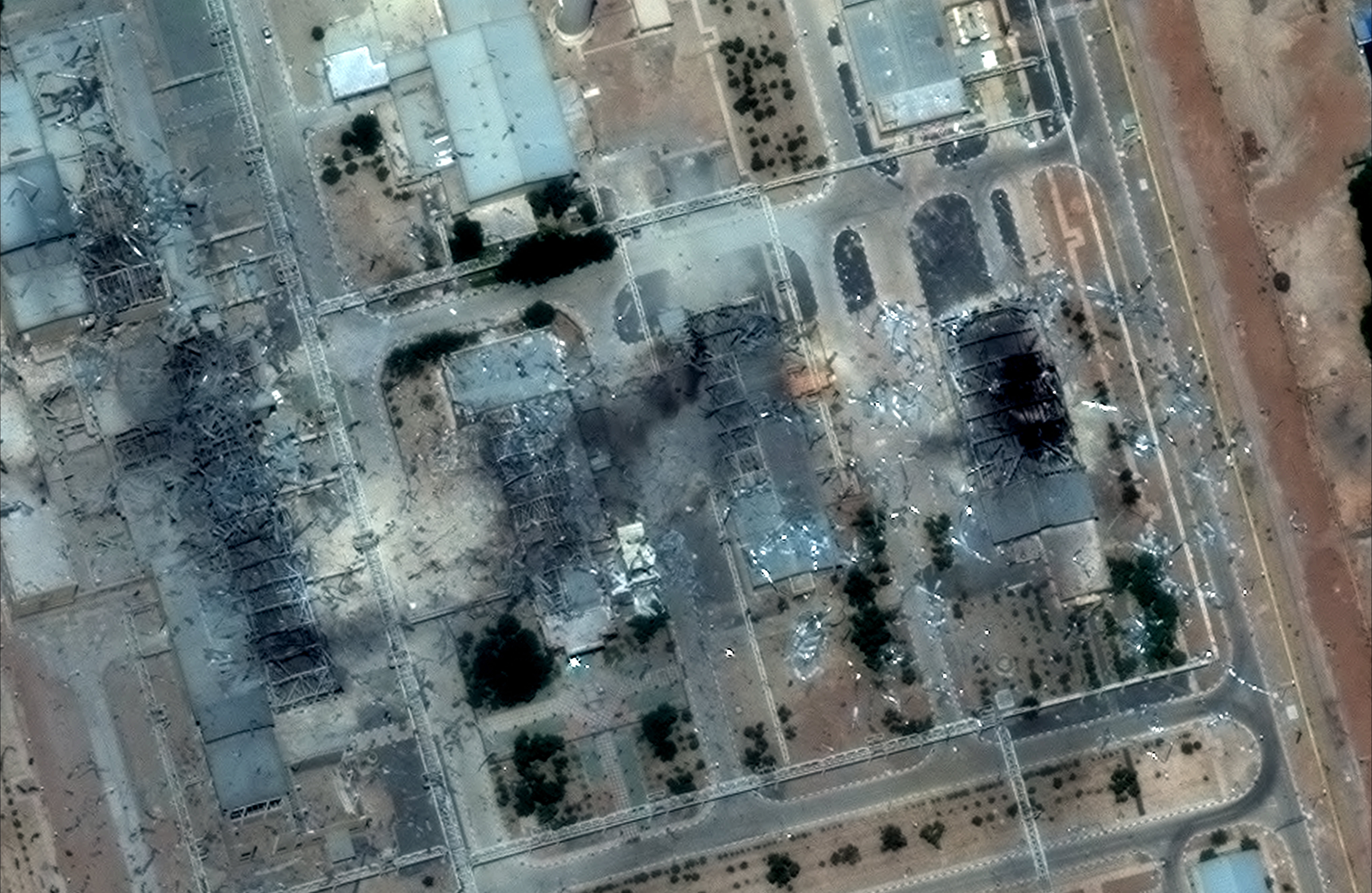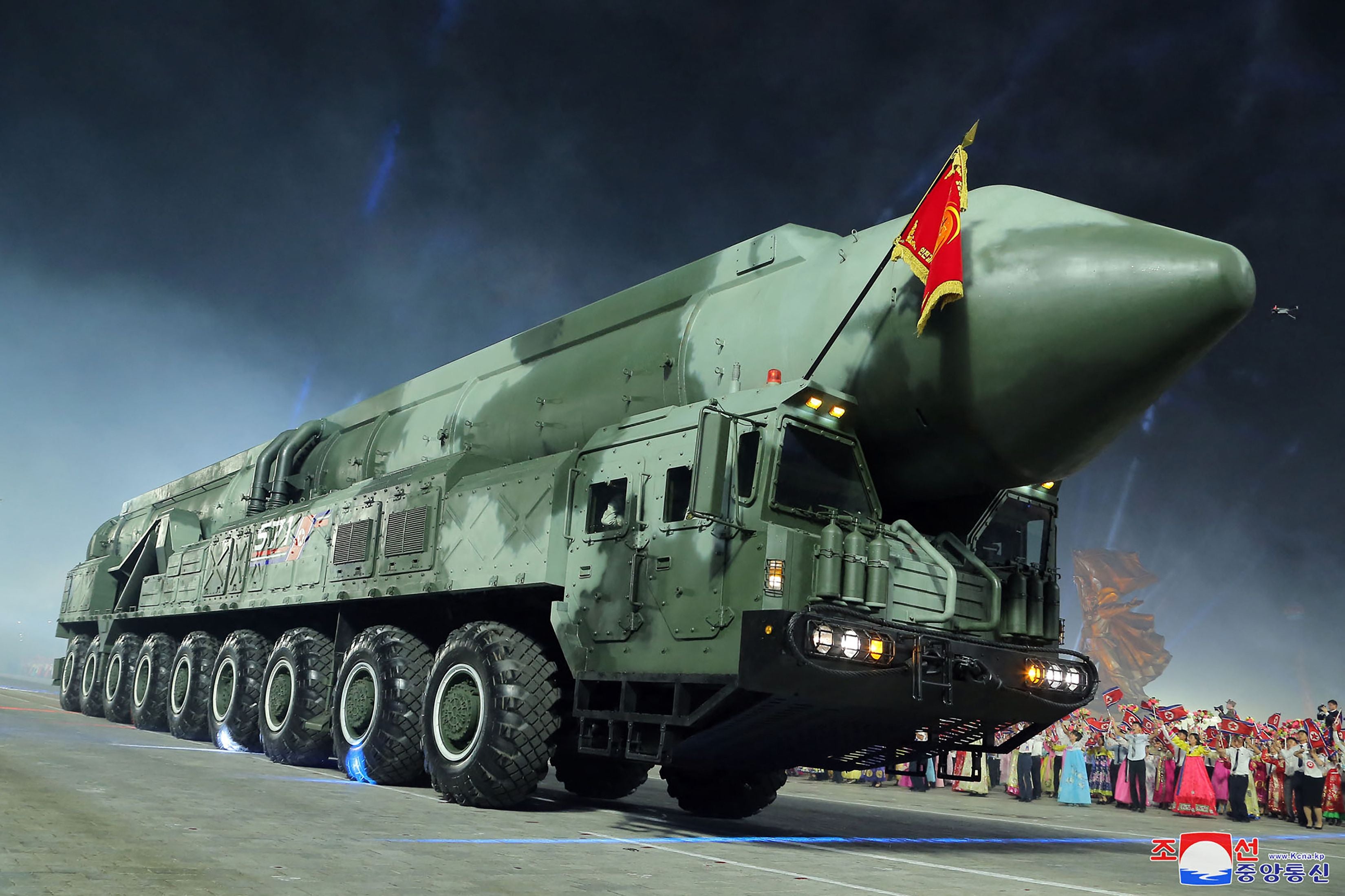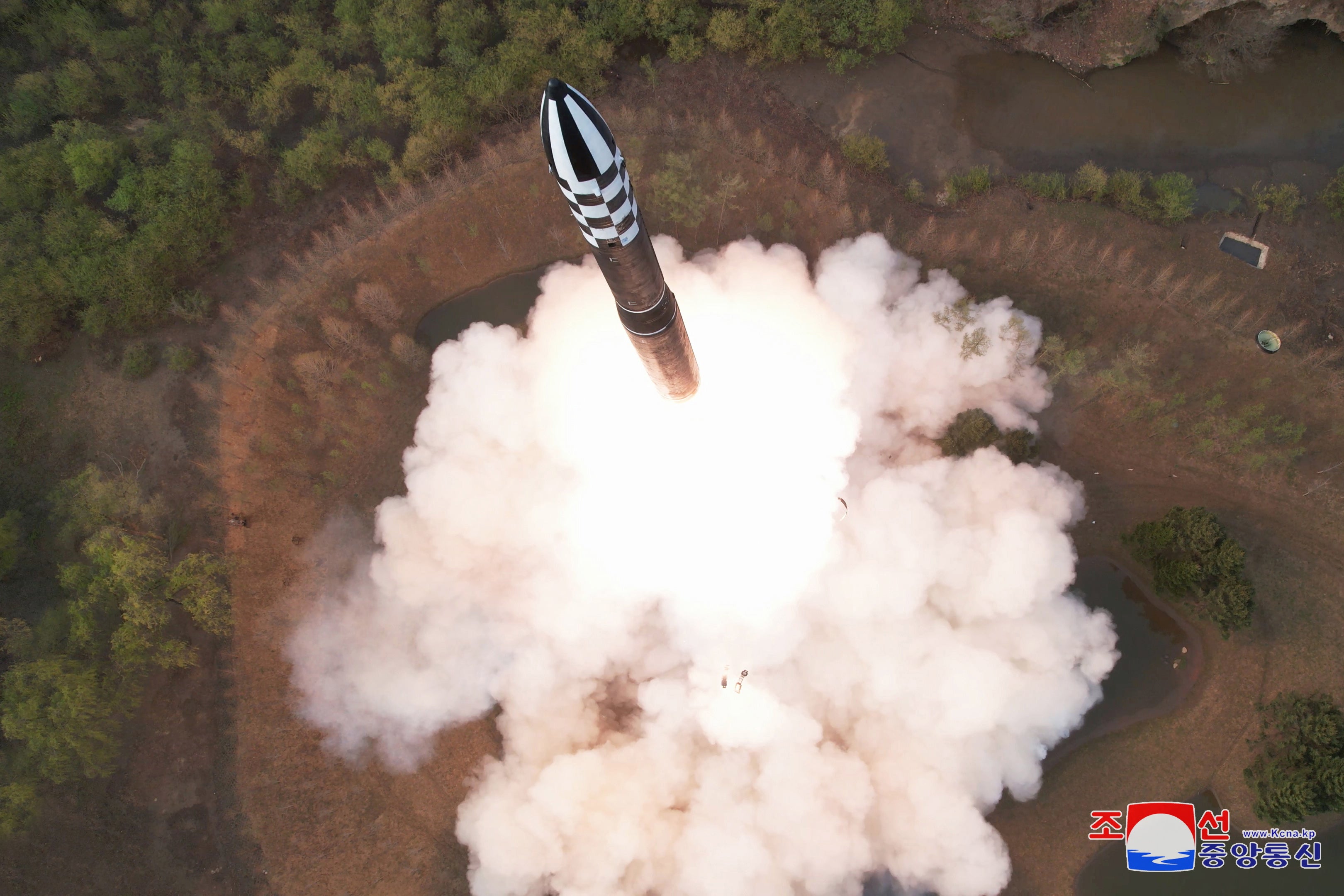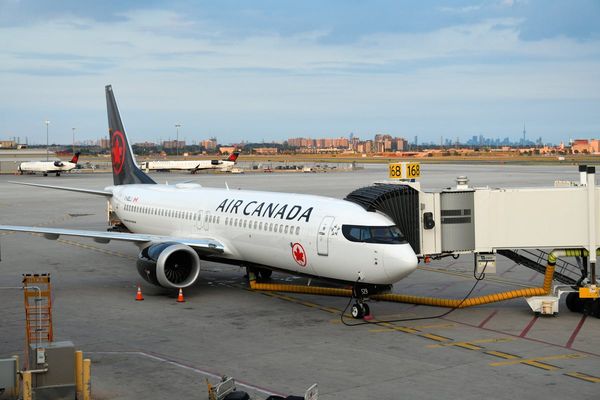
As Israel and the US hit Iran’s nuclear infrastructure over the past 12 days, the fallout extended beyond the Middle East. Another US adversary, North Korea, was almost certainly watching from the sidelines, quietly analysing the assault and drawing conclusions about its own nuclear programme.
The American bombing of three fortified underground nuclear facilities over the weekend in particular would have served as a real-life case study for Kim Jong Un’s regime.
The US and its Western and Asian allies have long regarded Iran and North Korea as parallel nuclear threats – two heavily sanctioned states suspected of developing nuclear weapons under the guise of civilian programmes – and used diplomatic and economic coercion as well as international pressure and surveillance by the UN nuclear watchdog to deter them from going nuclear.
While North Korea has responded by pushing decisively through the nuclear threshold – testing weapons, developing delivery systems and declaring itself a nuclear power – Iran has not.
Pyongyang’s decision now appears to have spared it from the kind of military vulnerability Tehran is experiencing. This reinforces its logic, analysts say, that half-measures invite war while full nuclear capability prevents it.
“Watching Iran's nuclear sites being bombed by the United States in all likelihood only reinforces North Korea's thinking that it made the right decision to develop nuclear weapons and that it did not negotiate them away during past talks with the United States, including during the Hanoi summit,” Rachel Minyoung Lee, a senior fellow for the Stimson Centre's Korea Program and 38 North, tells The Independent.

Kim has always been clear that North Korea could never give up its nuclear weapons, but Pyongyang has still expressed a great interest in Israel’s war on Iran and the US involvement in it. This, Lee says, is “unusual”.
Its foreign ministry has issued two statements so far denouncing the Israeli and US strikes on Iran. On 19 June, it accused Israel, supported by the US and its Western allies, of being a “cancer-like entity” threatening peace in the Middle East and globally and warned that its actions could risk triggering a “new all-out war” in the region.
"The international community is strictly watching the US and Western forces fanning up the flames of war, taking issue with the legitimate sovereign right and exercise of the right to self-defence of Iran, the victim," it added.
In another statement on 23 June, released after the US bombing of the nuclear facilities, it strongly denounced Washington for “violently trampling down the territorial integrity and security interests of a sovereign state”.
The foreign ministry called on the “just international community” to censure and reject the “confrontational acts” of Israel and America, blaming them for escalating tensions in the Middle East through Israel’s “ceaseless war moves and territorial expansion” backed by Western powers.

“Interestingly, these statements, while critical of Israel and the US, lack any expression of support for Iran, indicating North Korea is keeping its distance from Iran,” Lee claims. “This is probably because it feels it has nothing to gain by coming across as too pro-Iran, and it does not see its key ally Russia getting too deeply involved in the conflict.”
Pyongyang and Tehran, sharing a fierce anti-West posture, have a long history of ties. They established diplomatic relations in 1973 and first cooperated militarily during Iran’s 1980-88 war with a West-backed Iraq when Pyongyang sold Scud B and Scud C ballistic missiles to Tehran. The missiles would become the foundation of Tehran's current missile arsenal.
In more recent times, North Korea has been accused of assisting Iran in developing its missile capabilities despite denials by both nations and efforts by international bodies to curb proliferation.
In April this year, a high-level North Korean delegation visited Iran for an undeclared reason. The delegation, led by minister for external economic relations Yun Jong Ho, was speculated to have discussed the sharing of nuclear expertise, given Iran’s interest in advancing its programme amid sanctions.
“The Kim regime will be learning from Iran’s mistakes,” Leif-Eric Easley, professor of international studies at Ewha Womans University in Seoul, says.
What Iran is suffering now is a textbook example of what can happen when you are not a nuclear weapons state but are getting close, he argues.
“The North Korean case is very different. Pyongyang’s nuclear programme is much more advanced, with weapons possibly ready to launch on multiple delivery systems, including ICBMs.”
That distinction matters. Iran’s programme is vulnerable to strikes, Pyongyang isn’t – at least not in the same way.
He says that in Iran’s case, Israel aggressively exploited Tehran’s strategic and tactical errors, using superior intelligence, technology and training to degrade air defences, high-value personnel and retaliatory capabilities.
South Korea, Pyongyang’s closest adversary, “is more risk-averse than Israel”, he adds, “and China and Russia are better positioned to help Pyongyang than Tehran”.

Pyongyang withdrew from the Treaty on the Non-Proliferation of Nuclear Weapons, or NPT, in 2003, just two months before the US invaded Iraq on the pretext of dismantling its non-existent nuclear weapons programme, amid concerns Washington was planning an attack on North Korea next.
Iran signed the NPT in 1968 and ratified it in 1970 – when it was still ruled by a Western-backed monarch – pledging not to pursue nuclear weapons and accepting International Atomic Energy Agency inspections to maintain the peaceful nature of its nuclear programme.
Tehran’s nuclear capabilities were further limited when it signed the Joint Comprehensive Plan of Action with the US under president Barack Obama as well as UK, France, Russia and China.
The deal was designed to limit Iran’s nuclear programme beyond the requirements of the NPT in exchange for sanctions relief.
In 2018, during Donald Trump’s first presidency, the US unilaterally withdrew from the deal.
Kim has long regarded nuclear weapons as an existential insurance policy and the West’s treatment of Iran over the years would have only hardened that view.
“North Korea has nuclear weapons but Iran does not, making it impossible for the United States and its allies to handle the North Korean nuclear problem the same way that they are handling Iran's,” Lee says.
“When North Korea comes under, or detects an attack, it could use nuclear weapons against South Korea, Japan, and US bases in Guam. North Korea's 2022 nuclear doctrine stipulates that it can use nuclear weapons if a hostile forces' nuclear and non-nuclear attack has been carried out or is imminent."
Going forward, North Korea could boost its military ties with Iran and assist Tehran in enhancing its missile capabilities. It could also seek to break its diplomatic isolation by building an anti-US coalition with Iran, Russia, and China.
"Pyongyang could provide important assistance in helping Iran reconstitute destroyed missile production facilities, including at new sites to avoid scrutiny, perhaps," Ankit Panda, of the US think tank Carnegie Endowment for International Peace, told Reuters.
Whether it would be interested in substantively cooperating on any effort to rebuild or accelerate Iran's nuclear weapons programme was less certain, given the political and military sensitivities over such technology, he said.







